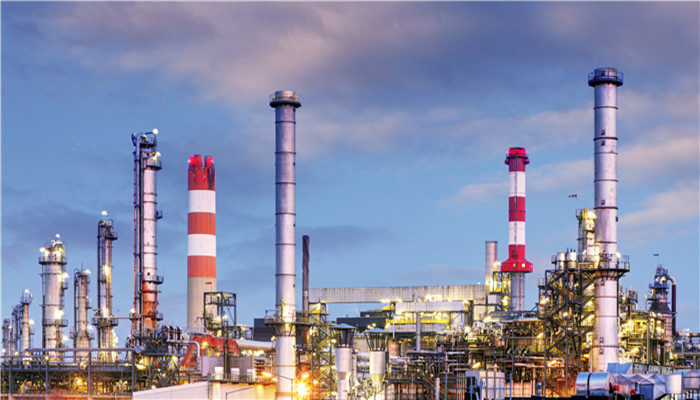
Global bio-based polymer production capacity continues to grow, and there is broad room for future market development
Against the background of increasingly stringent global environmental protection regulations, the bio-based polymer market has promising development prospects. Attracted by the good market prospects, in recent years, the bio-based polymer market has become more prosperous, and there have been many related large-scale financing events. At this stage, traditional large-scale chemical companies including BASF, Dow Chemical, Evonik, Shell, and DSM have all entered the bio-based polymer market.
Polymer is a very high molecular weight compound composed of one or several structural units connected by covalent bonds. According to different sources, polymers can be divided into bio-based polymers, fossil-based polymers, etc., among which bio-based polymers are excellent substitutes for fossil-based polymers. There are many types of bio-based polymers, and almost every fossil-based polymer has its corresponding bio-based products. In recent years, with the increasingly strict environmental protection supervision and the continuous advancement of related technologies, the bio-based polymer industry has developed rapidly.
According to the “2021-2025 Global Bio-based Polymer Industry In-depth Market Research and Key Area Research Report released by the Industrial Research Center In recent years, driven by multiple favorable factors, global bio-based polymer production capacity has continued to increase, and is expected to reach 5 million tons in 2021. Currently, bio-based polymers account for approximately 1.6% of the total output of fossil-based polymers, which is still at a relatively low level. As relevant projects under construction and proposed come into operation, the global bio-based polymer production capacity will grow faster than the overall polymer market in the future. growth rate, the industry development prospects are promising.
Globally, bio-based polymer production capacity is mainly concentrated in Asia, Europe, North America and South America. Asia is the global bio-based polymer production center, accounting for more than 45% of the production capacity, followed by Europe, with a production capacity of Quarter. In the next five years, Asia’s bio-based polymer production capacity will maintain a growth rate higher than the global average. By then, Asia’s bio-based polymer production capacity will further increase its global share.
Bio-based polymers have a wide range of applications, and are currently mainly used in packaging, woven and nonwovens, automobiles, transportation, agriculture and other fields. In the domestic market, bio-based polymer manufacturers include Kingfa Technology, Kanghui Petrochemical, Cathay Biotech, Huaheng Biotech, Blue Crystal Microorganisms, Anhui Fengyuan Group, etc. Under the strategic goals of carbon neutrality and carbon peaking, bio-based polymers are expected to gradually replace fossil-based polymers and become the mainstream products in the market.
Industry analysts said that in recent years, as production technology has matured and related projects under construction and proposed have been put into production, global bio-based Polymer production capacity is in a continuous growth trend, but the current output of bio-based polymers is still less than 2.0% of the total output of fossil-based polymers, and there is broad room for industry development in the future. my country is a major polymer producer in the world. Under the strategic goals of carbon neutrality and carbon peaking, there is broad room for bio-based polymer substitution.

 微信扫一扫打赏
微信扫一扫打赏

